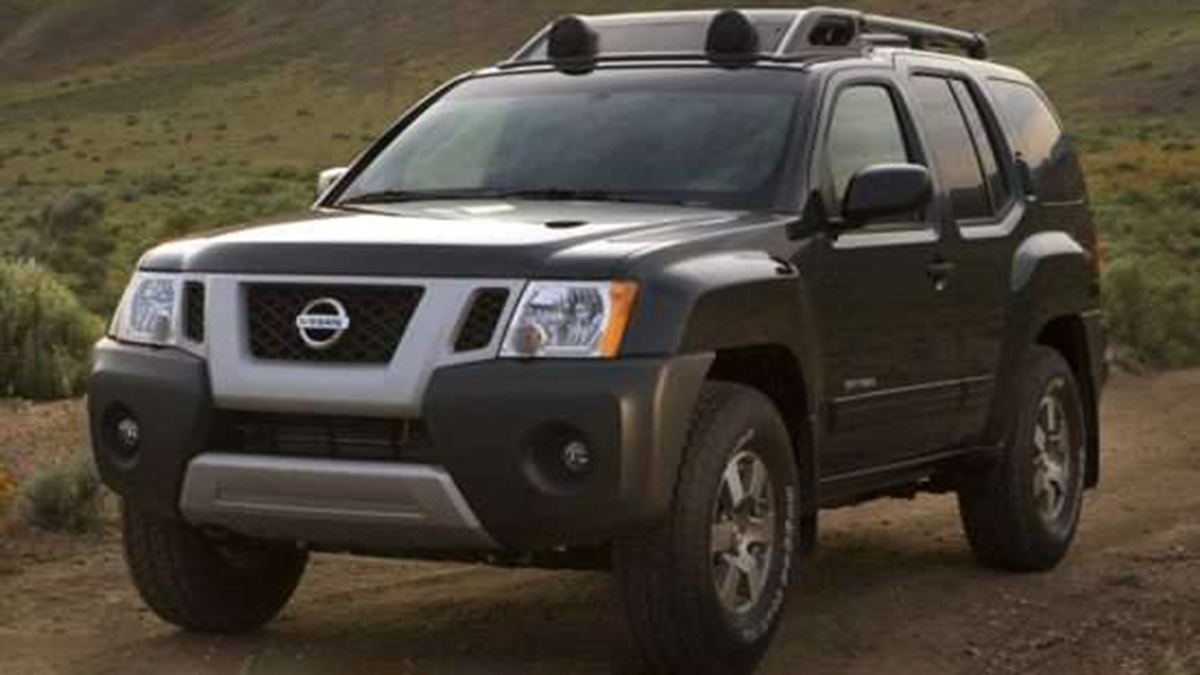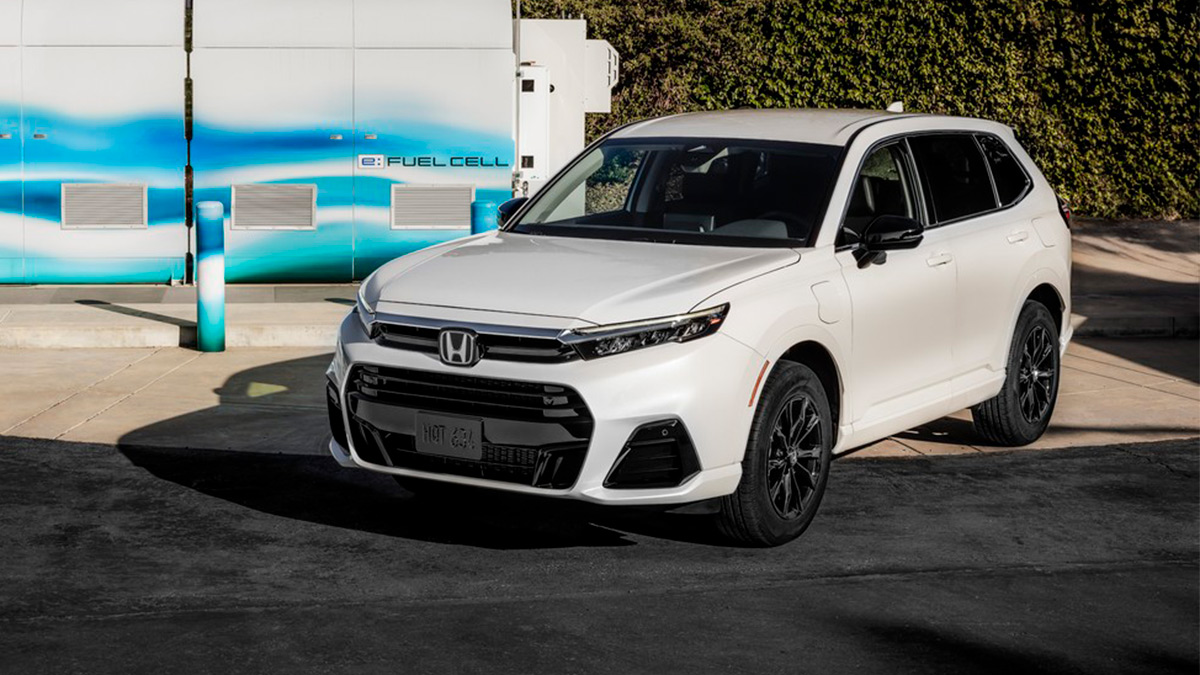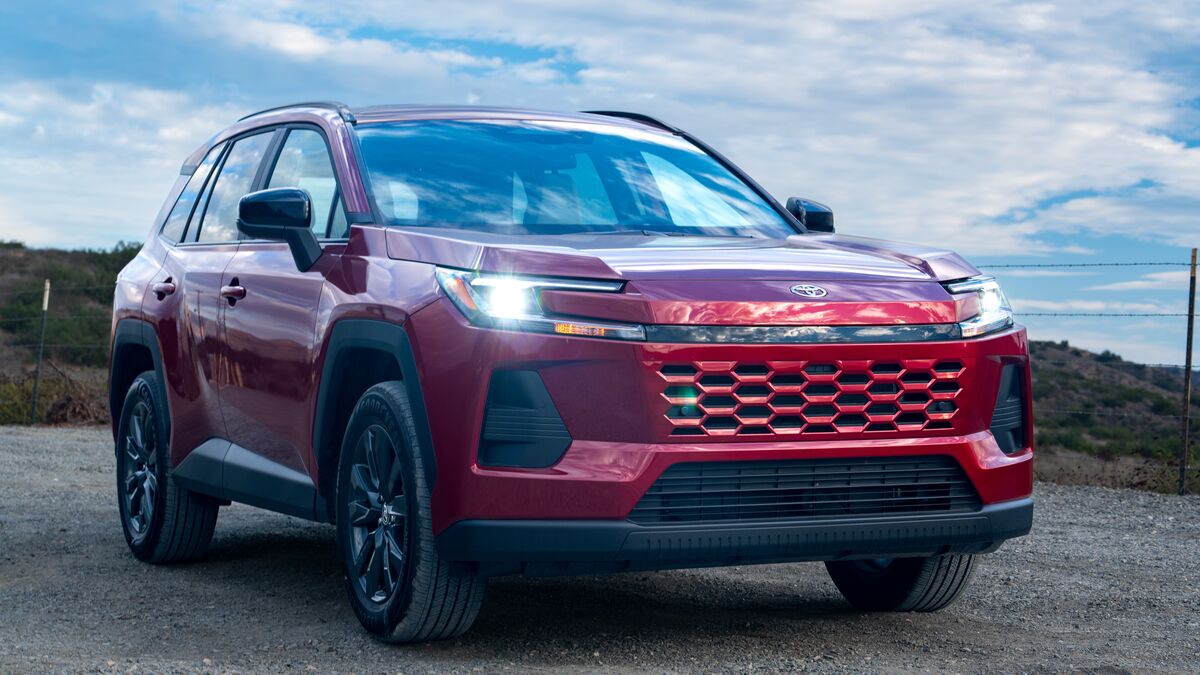
That makes them ripe for price markups and other market tricks that can significantly raise prices.
Ford knows that abnormally high prices frustrate shoppers and hurt the company’s reputation. It has launched a new effort to crack down – this time focusing on dealers that work with third parties to inflate prices.
High Prices Are Triggering Pushback
Prices are high this summer on many cars – the average new car final sale price hit an all-time high in June. For vehicles in high demand, the numbers are even worse. Supply and demand govern car prices. Thin supply and high demand have pushed prices up and tempted some dealerships into shady pricing practices.
Related: Buyer Beware – How to Avoid Dealer Markups in 2022
Car shoppers are fed up. Some have pushed legislators to crack down. The Federal Trade Commission has proposed new rules governing advertised prices and dealer fees. Some local governments have stepped in. In recent weeks, New York City’s government has forced some dealership groups to pay restitution for bait-and-switch pricing.
Shoppers are also acting on their own. A crowdsourced effort now tracks dealer markups to try to shame the worst offenders.
But Automakers Don’t Set Prices
The companies that build cars know that stories about cars selling well over MSRP hurt their reputations. But they have limited control over the final sale prices of cars.
Most automakers – with the exception of some younger companies like Tesla – don’t sell cars directly. They work through dealerships, which are separate businesses. Automakers can set the price dealers pay for cars. They can’t control what buyers have to pay dealerships.
Many automakers have launched public efforts to pressure dealerships to reel in prices. Among other steps:
- Ford has sent a warning letter to dealerships, and CEO Jim Farley has used investor meetings to publicly call out dealers for high prices.
- GM has issued its own letter warning dealers against markups.
- Nissan, and its Infiniti luxury brand, have sent a letter cautioning dealers to honor the terms of lease agreements.
- Hyundai, together with its Genesis luxury brand, has sent a letter admonishing dealers against high prices.
- Subaru, with its reputation as the nice car company, has politely reminded dealers that markups are something other companies do.
Ford Will Reportedly Punish Strawman Deals
Now, Ford has reportedly taken another step to curb practices that can send prices higher.
Cars Direct reports that Ford has enacted new punishments for dealers that cooperate with third parties to inflate car prices.
Car brokers function as middlemen in car purchases. They purchase cars from dealerships and resell them to their clients for higher fees. Many sell their services as saving buyers the hassles of car buying. But some mark up prices significantly on in-demand models. Buyers may engage them specifically because they’re after a hard-to-find car.
Ford, like many automakers, has long had a policy cautioning dealers against working with brokers. Ford has reportedly updated that policy with harsh punishments.
Cars Direct quotes a letter Ford sent to dealerships this week. A Ford spokesperson later confirmed the document’s authenticity to Kelley Blue Book.
It cautions dealers against using “any 3rd party to wholesale, transfer, or otherwise deliver inventory, especially vehicles in high demand.”
The first time Ford learns that a dealer has knowingly sold vehicles through a broker, the policy says Ford will enact “a 1:1 reduction of future allocation by the amount brokered.”
That is, if a dealership sells three Lightnings through a broker, it will get three fewer Lightnings to sell next year.
“The second offense may result in all same model allocation being redirected for the current or next model year,” the policy says.
That is, if a dealer sells Lightnings to a broker a second time, it may lose the right to sell the electric truck at all.
Ford: We’re Just Re-emphasizing An Old Policy
Contacted for comment, a Ford spokesperson told us, “The letter was a reminder to our dealers that brokering, as it has always been, is a violation of our Sales and Service Agreement. The majority of our dealers understand this fact, support the policy and we simply wanted to re-emphasize it.”







